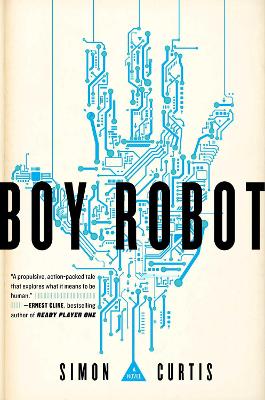Reviewed by Renee on
Let's talk about all the unnecessary POV that we never saw again. Normally not a bad thing, but guess what? They are only used to show how every single adoptive parent is such an evil person. Literally ever parent is abusive. Almost all women in relationships are too insecure or afraid to stand up to their boyfriend / husband and every man in this book is either abusing, trying to kill, or torture kids. Oh and every single person is extremely homophobic, except for the younger generation of course.
I almost forgot, there is also unnecessary romanticised rape. I saw some reviewers call it consensual sex, but I was honestly disturbed, and I have read rape scenes without being disturbed. But this girl saw one of her fellow peers get raped, day after day, then suddenly got feelings for her caretaker and he came in her room at night to rape her. Yeah, she may have had feelings for him, but she is a young child and he would have raped her either way. I don't call that consensual sex and I do not enjoy reading about how enjoyable it is under these circumstances. Especially because this whole scene had no reason at all. The author just wanted to show us how awful humanity is and how these robots are not doing anything wrong at all! To be honest, I didn't need all these awful stories to realise that.
If this isn't your thing, don't worry, the author also included several parties that seemed to be hinting at orgies instead of normal parties. Maybe I am a bit worried about the author's childhood and teenage party years after reading this book. There were several parties that were only about kissing and touching bodies. The second one was a repeating event in which everyone was wearing almost no clothes and just had to touch each other as much as possible to relieve themselves. Not only did it make no scientific sense, it was just a nice way to hint to an orgy. Which is not necessarily a bad thing to write about, but it had no purpose? Just like every other event in this book.
Don't forget that our main character apparently was so in love with JB during this whole book, even though we never heard any thoughts of him about this. He was also so disgusted with JB for having a boyfriend while he was clearly into Isaak! Yeah, he might be a cheater, but before Isaak even knew this, he kissed JB's best friend in front of him... So being disgusted by him while not even looking at your own actions? Come on.
Reading updates
- Started reading
- 29 October, 2019: Finished reading
- 29 October, 2019: Reviewed
